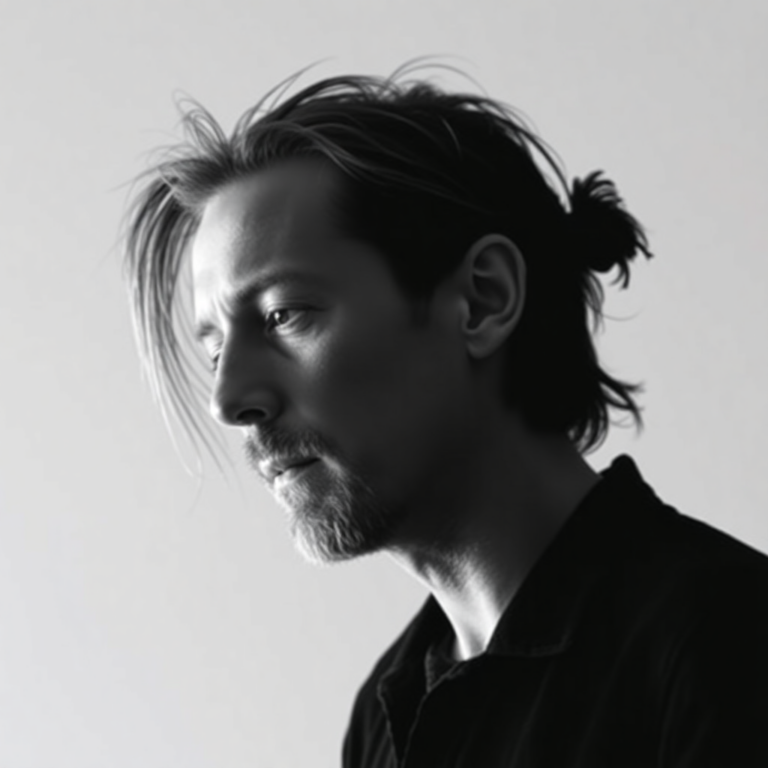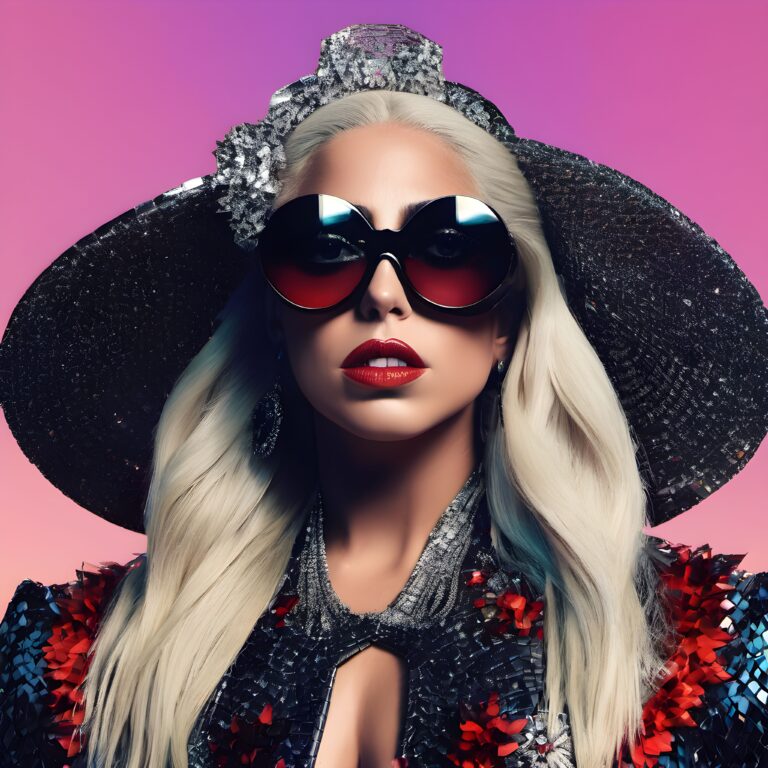In recent years, there has been a growing concern among writers in the entertainment industry about the impact of artificial intelligence (AI) on their livelihoods. This concern has led to several instances of writer strikes, as writers push back against the increasing use of AI in Hollywood. But why are writers striking, and how could AI change Hollywood for the worse?
The issue at the heart of the matter is the use of AI to generate scripts and other creative content. While AI has been used in Hollywood for some time now, its use has been limited to tasks like data analysis, marketing, and special effects. However, recent advances in AI have made it possible for machines to create original content, such as scripts, songs, and even paintings.
For writers, this poses a significant threat to their livelihoods. If AI can create scripts and other content without human input, what need is there for human writers? This fear has already started to play out in Hollywood, with several studios experimenting with AI-generated scripts. These experiments have led to concerns that human writers will be replaced by machines, leaving them without jobs and without a say in the creative process.
To combat this threat, writers have been organizing and going on strike. The most recent strike was in 2022, when the Writers Guild of America (WGA) went on strike to protest the use of AI in Hollywood. The strike lasted for several weeks and caused significant disruption to the industry. However, it also succeeded in raising awareness of the issue and forcing studios to take notice.
The implications of AI-generated content go far beyond just the writers themselves. If machines are doing the creative work, what does that mean for actors, directors, and other creative professionals? Will they be replaced as well? And what about the quality of the content itself? Can machines truly create content that is as compelling and engaging as that created by human beings?
These are difficult questions to answer, and there are no easy solutions. However, one thing is clear: the use of AI in Hollywood is a double-edged sword. On the one hand, it has the potential to revolutionize the industry, making it more efficient, cost-effective, and innovative. On the other hand, it also poses a significant threat to the livelihoods of writers and other creative professionals.
As we move forward, it is essential that we strike a balance between the benefits and risks of AI in Hollywood. We must find ways to harness the power of AI while also ensuring that human creativity and ingenuity are not replaced by machines. This will require a concerted effort by studios, writers, and other industry professionals to work together to find solutions that benefit everyone.
In conclusion, the use of AI in Hollywood is a complex issue that requires careful consideration and thought. While it has the potential to revolutionize the industry, it also poses a significant threat to the livelihoods of writers and other creative professionals. As we move forward, we must work together to find solutions that strike a balance between the benefits and risks of AI, ensuring that human creativity remains at the heart of the entertainment industry.












